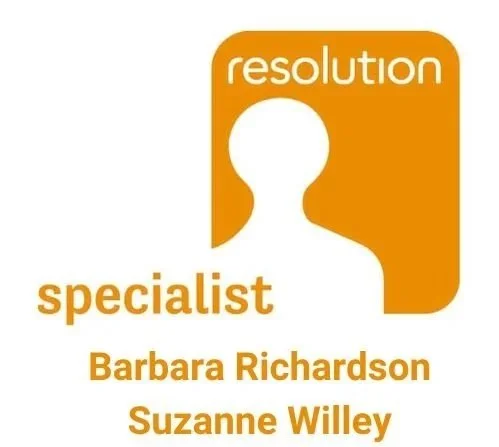When couples cannot agree on the division of marital assets on divorce, or even where agreement has been reached but the court is required to approve a draft consent order, consideration must be given as to the nature and value of any assets owned or available to either party. In this way, a court order can be made that’s fair in all the circumstances.
In most cases, this will include all physical assets, such as the marital home, as well as any savings or investments, such as stocks and shares, and occupational pensions. But what about digital assets, such as cryptocurrency? Should this also form part of the matrimonial pot?
What is cryptocurrency?
Cryptocurrency is a form of digital currency based on blockchain technology and secured by cryptography. Bitcoin is the best-known cryptocurrency, and the one for which blockchain technology was invented. It’s essentially a medium of exchange, such as the pound sterling, but is virtual and uses encryption techniques, both to control the creation of monetary units and to verify the transfer of funds. Cryptocurrencies don't have a central issuing or regulating authority, instead using a decentralised system to record transactions and issue new units.
Can cryptocurrency be taken into account?
When making a financial remedy order on divorce, the court is under a duty to have regard to all the circumstances of the case, taking into account a wide range of different factors. These factors include the income, earning capacity, property and any other financial resources which each party to the marriage has or is likely to have in the foreseeable future.
As with any other form of money or investment, this means that cryptocurrency is an asset, albeit a digital asset, that the court will almost certainly put into the matrimonial pot when assessing the parties’ financial worth and considering what’s fair in all the circumstances.
That said, whether or not cryptocurrency will form part of the overall settlement ordered or approved by the court will ultimately depend on the totality of resources available to either party — to be considered in the context of their respective financial needs, obligations and responsibilities. The welfare of any children under 18 will be an overriding factor here, where relevant, although other factors can include the age of the parties, the length of the marriage and the standard of living enjoyed by the family before the breakdown of the marriage.
Does cryptocurrency have to be disclosed?
Given the encrypted nature of cryptocurrency, it can be tempting for any party in possession of this type of digital asset to decide not to disclose to the court either its existence or its true value. There may even be cases where a spouse may attempt to dissipate more easily traceable physical assets through investment in cryptocurrency in order to defeat their spouse’s claim.
However, when asking the court to make a financial remedy order on divorce, or even when seeking the court’s approval of a draft settlement agreement, the parties are under an ongoing duty to provide full and frank disclosure, including disclosure of any digital assets.
In cases of non-disclosure, where this comes to light, the court has the power to set aside transactions and order that such assets be added back to the matrimonial pot for distribution upon settlement. If an order has already been made, the court can also overturn such order, with significant costs and other financial consequences for the non-disclosing party.
Legal disclaimer
The matters contained herein are intended to be for general information purposes only. This blog does not constitute legal advice, nor is it a complete or authoritative statement of the law in England and Wales and should not be treated as such. Whilst every effort is made to ensure that the information is correct, no warranty, express or implied, is given as to its’ accuracy, and no liability is accepted for any error or omission. Before acting on any of the information contained herein, expert legal advice should always be sought.










